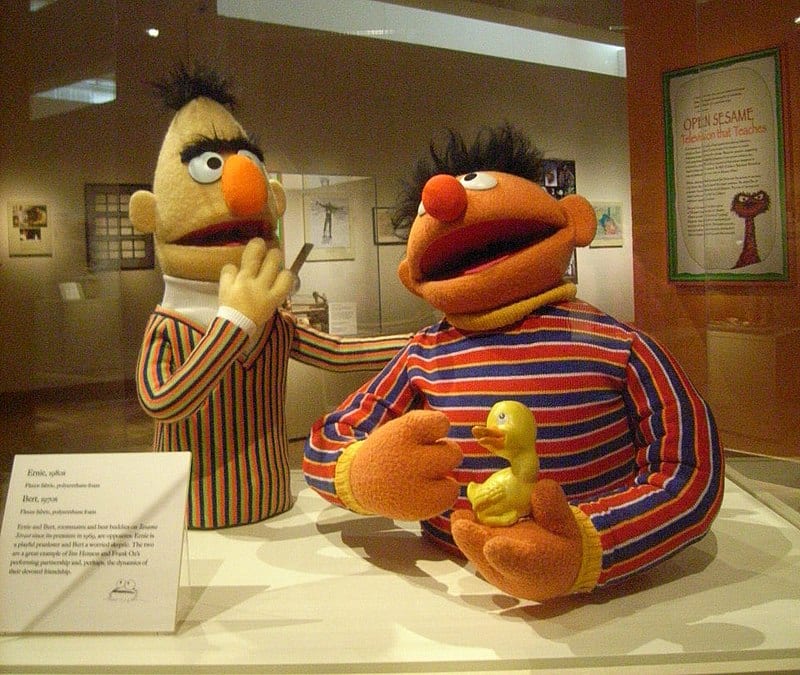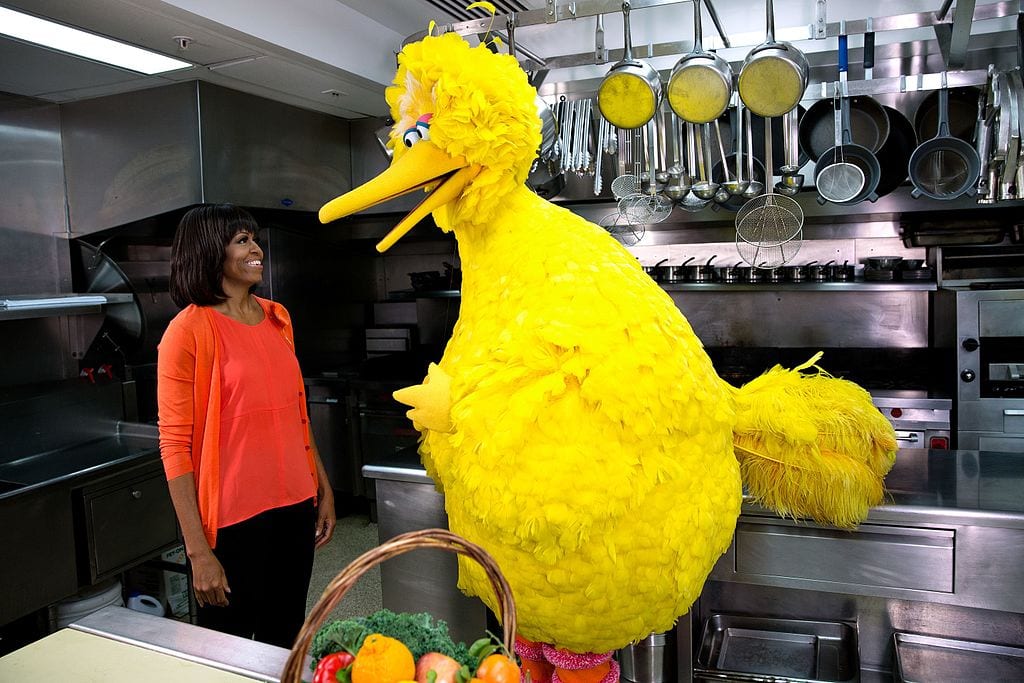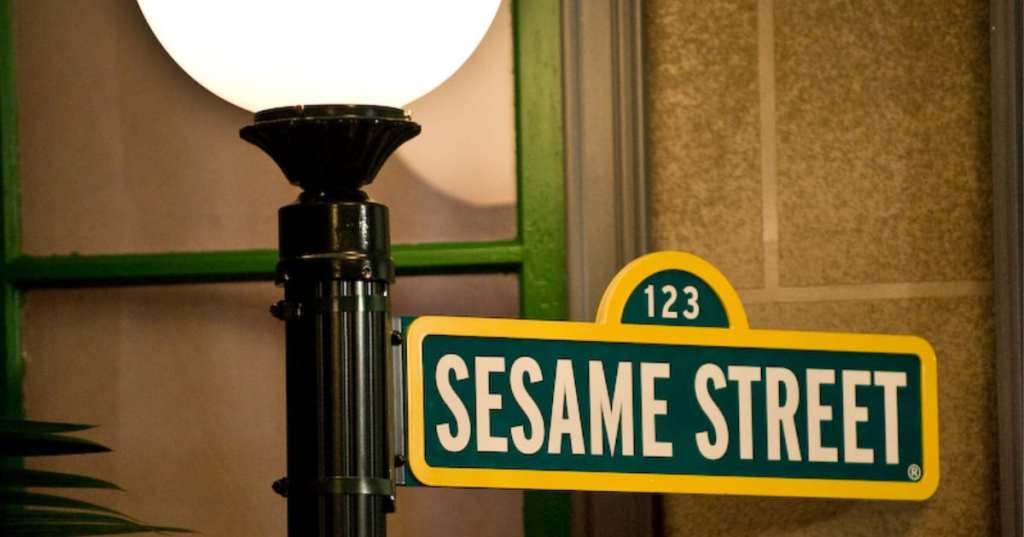When you think of Sesame Street, what comes to mind is probably fairly innocuous – Big Birds, inclusive songs, grown-ups helping kids through difficult scenarios, etc. So it might surprise you to learn that the state of Mississippi once found it offensive enough to kick it off the air entirely.
Since the show takes such care to consult with child psychologists to develop appropriate curriculum, the creators and performers probably couldn’t imagine that anyone would take issue with their approach or delivery, either…but a state government did.

Image Credit: Wikipedia
In early 1970, shortly after Sesame Street hit the airwaves in 1969, Mississippi’s state board of educational consultants met, polled each other, and decided the show was too controversial for their viewers.
The board had been created by the state legislature with appointees named by the governor; it included a teacher, a principal, a banker, and other private citizens.
The banker, James McKay, was the son-in-law of Allen Thompson, who had been the mayor of Jackson, Mississippi for 20 years. Thompson had remained intensely resistant to integration during his tenure, and had also founded Freedom of Choice in the United States, an activist group that clung to the idea of segregation in schools.

Image Credit: Wikipedia
The cast of Sesame Street is and always has been ethnically diverse, from its adult cast to its child actors, and the Authority decided they couldn’t take a chance on losing funding by allowing it to air.
The (all white) board tabled the discussion for a few months before ultimately taking an informal poll that ended with the “ban” winning 3-2. The losing members weren’t happy, and eventually leaked the decision to The New York Times. The Times published a story, which contained the following quotation:
“Some of the members of the commission were very much opposed to showing the series because it uses a highly integrated cast of children. Mainly the commission members felt that Mississippi was not yet ready for it.”

Image Credit: Wikipedia
The reaction was negative, both inside and outside of the state, and board members scrambled to explain. They claimed (anonymously) that the concern was mostly for the public television station, which they feared would not recover should the state legislature pull their funding.
Some lawmakers had previously made statements that would validate their concerns, but even so, many people – like whoever wrote this editorial for the Delta Democrat-Times – weren’t having it.
“But Mississippi’s ETV commission won’t be showing it for the time being because of one fatal defect, as measured by Mississippi’s political leadership. Sesame Street is integrated. Some of its leading cast members are black, including the man who does much of the overt ‘teaching.’ The neighborhood of the ‘street’ is a mixed one. And all that, of course, goes against the Mississippi grain.”

Image Credit: Wikipedia
The “ban” was short-lived, with the board reversing its own decision within a month. They approved Sesame Street and agreed that ETV could air it immediately. When the cast came to Jackson, the board’s representatives helped sponsor the performance.
Sesame Street, of course, went on to win numerous awards and accolades over its 50 years (and counting) on the air.
I suppose all’s well that ends well, and all that.






